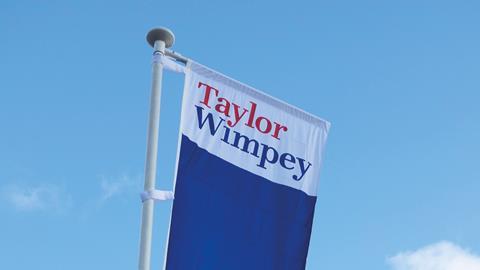I previously commented on the case of Ohpen Operations UK Ltd v Invesco Fund Managers Ltd [2019] EWHC 2246 (TCC), in which the court upheld a dispute resolution clause (DR clause) that obliged the parties to engage with mediation before issuing court proceedings (7 October 2019). The courts have continued to formulate a consistent approach towards DR clauses, as illustrated in the recent case of Taylor Wimpey UK v Harron Homes Ltd [2020] EWHC 1190 (TCC), which concerned an application for pre-action disclosure pursuant to CPR 31.16.

DR clauses – a brief reminder
DR clauses typically require the parties to exhaust various alternative dispute resolution (ADR) procedures before they are permitted to commence court or arbitration proceedings. For a court to enforce a DR clause, three requirements must be satisfied:
i. the ADR process must be sufficiently certain;
ii. the administrative processes for selecting a party to resolve the dispute must be clear;
iii. the process or model of the ADR process should be sufficiently certain.
Facts
The parties entered into a collaboration agreement that obliged the applicant and the respondent to each construct drainage on their respective land to adoptable standards and in accordance with the designs of a consultant.
The agreement contained a DR clause that obliged the parties to refer any disputes to expert determination – a form of ADR procedure. The DR clause also set out the procedure for:
i. invoking the DR clause and commencing the expert determination procedure;
ii. selecting and appointing an expert;
iii. dealing with any disputes on selecting an expert;
iv. determining any dispute.
A dispute arose between the parties. The respondent alleged that the applicant had failed to construct a drainage system in accordance with its contractual obligations, which led it to suffer damage. In accordance with the DR clause, the respondent issued a notice of dispute to expert determination. The applicant, who would have been the defendant in any claim, applied for pre-action disclosure of various documents.
Decision
Mr Justice Fraser dismissed the application for a number of reasons, one of which was the existence of the DR clause. Noting that the parties had, by including a DR clause in the collaboration agreement, agreed on the process to resolve their disputes, Fraser J explained the practical benefits of ADR for commercial parties. Those benefits included the freedom of the parties to have their disputes dealt with privately and by a specialist who was either chosen by the parties jointly or by an appointing body. ADR is also far quicker and cheaper than litigation.
In rejecting the applicant’s submission that the collaboration agreement contained an exclusive jurisdiction clause in favour of court adjudication, Fraser J applied Barclays Bank v Nylon Capital LLP [2011] EWCA Civ 826, in which Thomas LJ (as he then was) held: ‘In contradistinction [to arbitration clauses] expert determination clauses generally presuppose that the parties intended certain types of dispute to be resolved by expert determination and other types by the court (or if there is an arbitration clause by arbitrators).
‘The rationale of Fiona Trust does not therefore apply, as the parties have agreed to two types of dispute resolution procedure for disputes which might arise under the agreement. The LLP agreement illustrates this: the parties agreed by clause 26.2 to submit to the exclusive jurisdiction of the English courts, but reserved specific disputes under clause 26.1 to the expert. They carved out of the exclusive jurisdiction of the English courts, to which they had submitted all disputes between the parties, a limited class of dispute.’
Fraser J said that the dispute over jurisdiction was precisely the type of issue that fell within the expert determination procedure agreed by the parties.
He went on to warn that: ‘The court in all cases will be astute to prevent pre-action disclosure being used either to frustrate, impede or interfere with contractually agreed ADR mechanisms.’
Furthermore, allowing the application would undermine the expert determination process and would not promote settlement.
The court’s approach in Taylor Wimpey is to be welcomed. It is consistent with previous authorities and sends out a clear message to lawyers and commercial parties that the courts will continue to enforce DR clauses and that they will not hesitate in preventing parties taking steps to undermine or frustrate such clauses.
Masood Ahmed is associate professor in law, University of Leicester, and a member of the Civil Procedure Rule Committee
































No comments yet